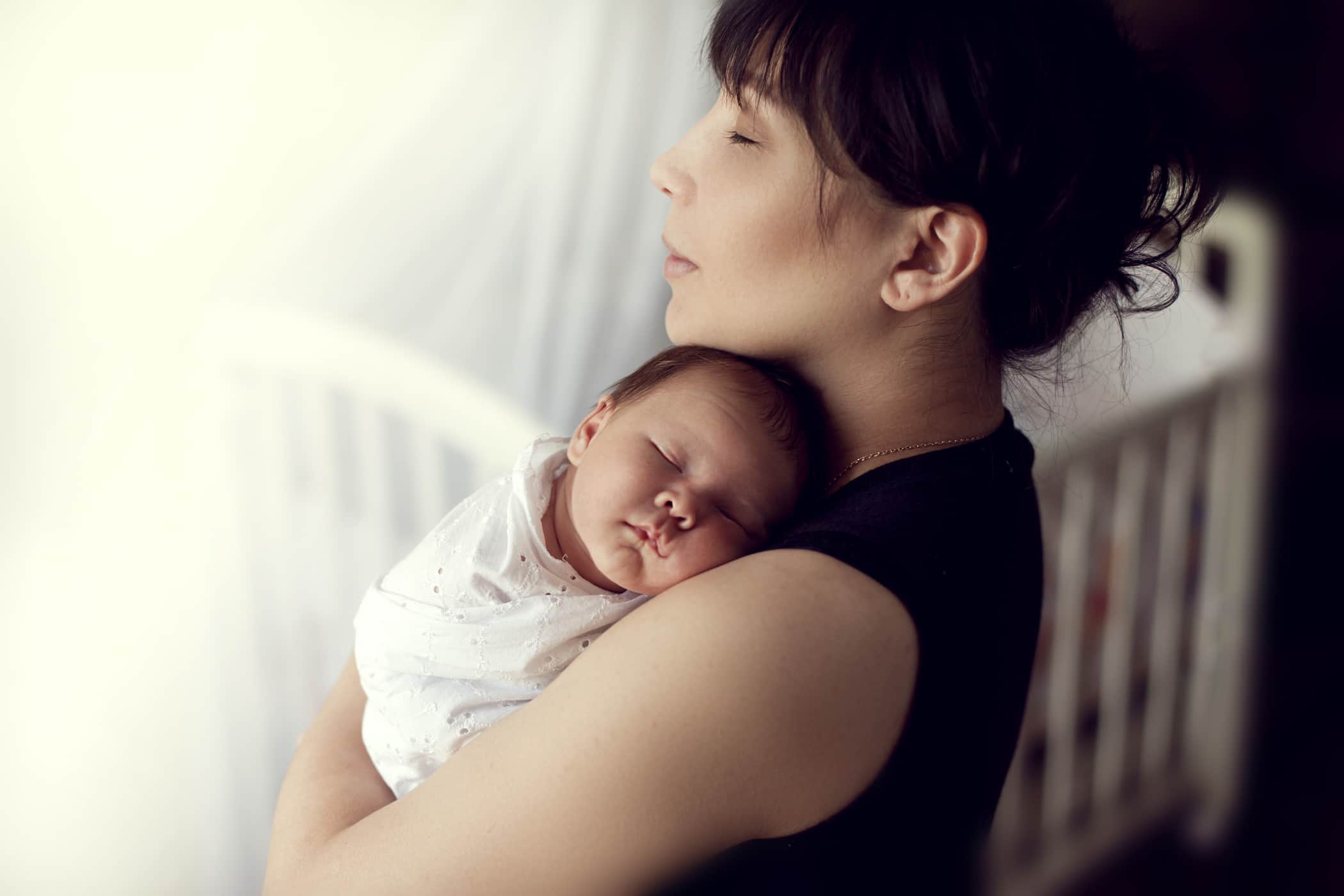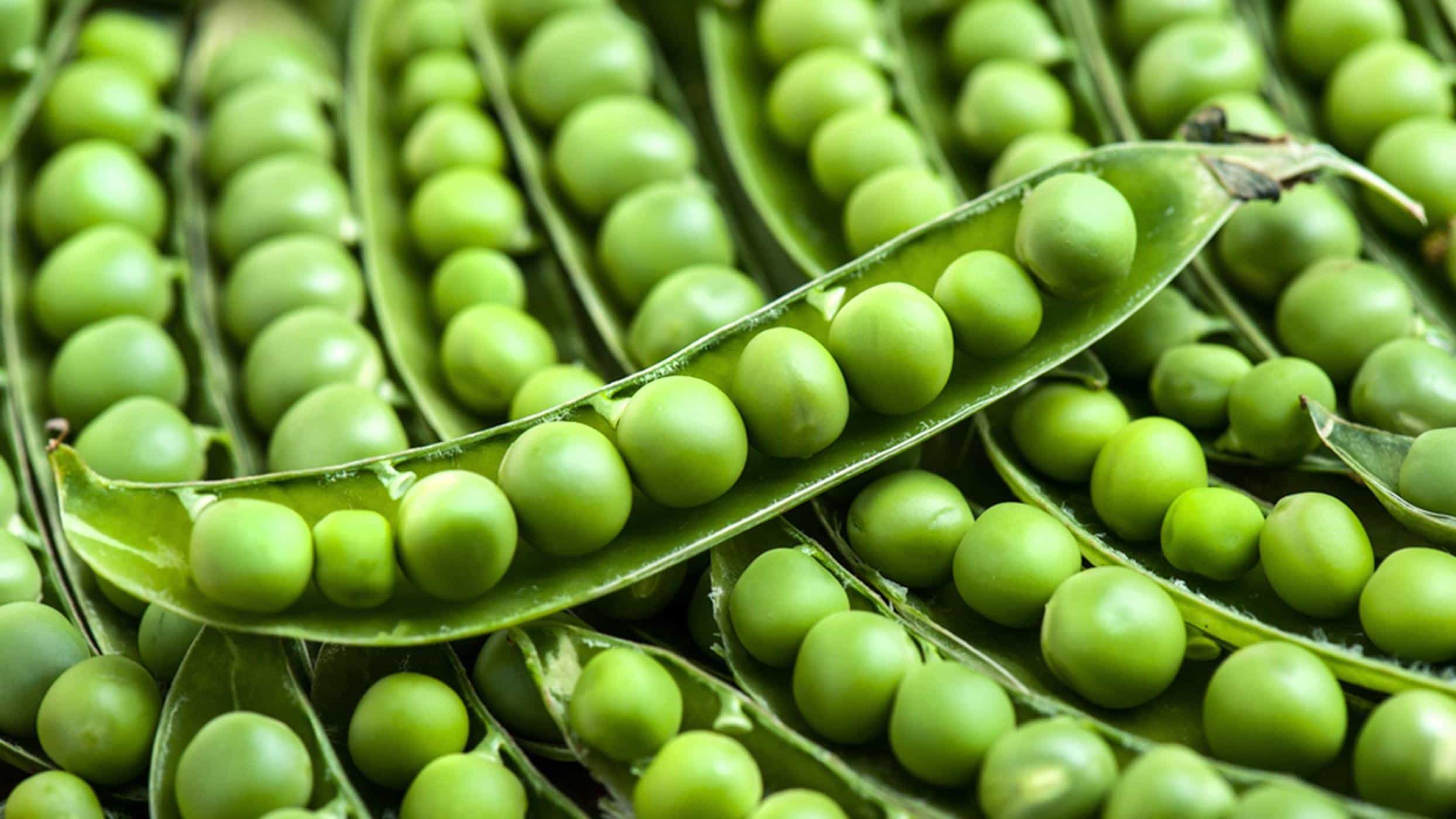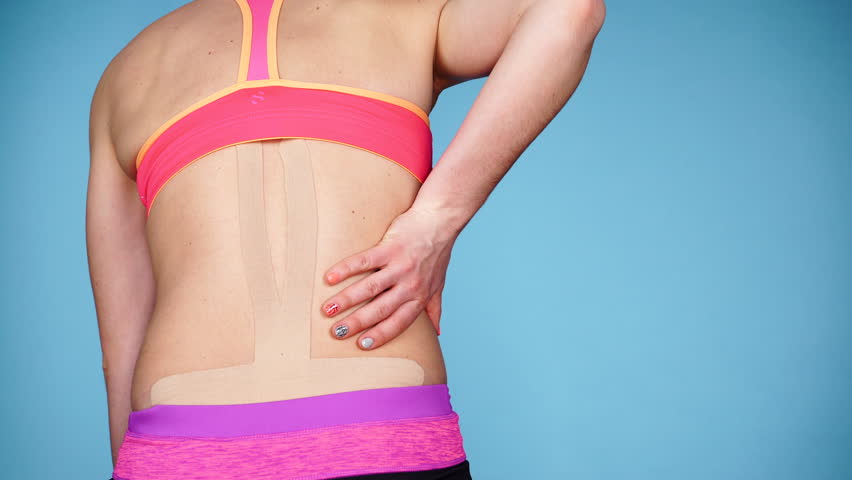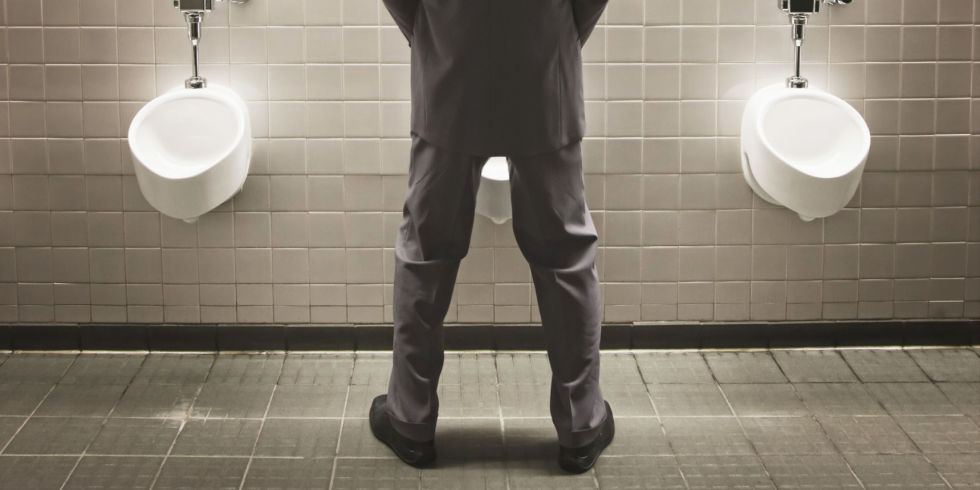Contents:
Medical Video: Animals Who Are Evil GENIUSES!
Not a few hereditary habits in caring for babies which in fact is contrary to the medical world. One of them is membedong baby stomach with octopus. Baby octopus is believed to be useful for preventing colds, shrinking the stomach, and also preventing the navel of the child from becoming numb. In fact, the use of baby octopus can actually harm your child's health.
Is it true that baby octopus is effective to shrink the stomach and deflate the navel belly?
Babies are often used by octopus maybe because their parents are anxious to see a big stomach. The size of the baby's stomach is determined by the thickness of the skin, fat under the skin, and the abdominal muscles that function to hold back the thrust power of the stomach. Baby's skin and fat and muscle are still thin because they have not fully grown, so they have not been able to resist the motion of the intestines that push out. This is what causes the baby's stomach to be large, looking like bloated.
The size of the baby's stomach will shrink by itself as they grow and develop when the skin and fat and muscles have thickened, because the stomach is more able to resist the intestinal thrust. So, the appearance of his stomach will not be big anymore - except if there is a lot of food.
The baby's stomach can also appear bloated because it swallows too much air, and this is not something to worry about too much. Baby's flatulence can be caused by babies crying too long or how to drink milk that is not correct. Colic can also cause bloated baby's stomach. However, none of the medical studies to date have been able to prove that the use of baby octopus can shrink the stomach for various reasons above.
Similarly, the navel is empty. Many parents are worried about the condition of their baby's belly button. What needs to be understood, the navel belly will not cause serious health conditions. Stomach navel is more caused by the abdominal ring muscles that do not not close perfectly or because the length of the baby's umbilical cord is indeed large and long, and not due to not wearing the octopus. Stupid navel will heal or disappear as the child grows - usually when the child is between 3-5 years old.
The use of baby octopus to deal with the umbilical cord that has not been swollen is not the right way to care. Only by letting it go itself is actually quite helpful. Try to keep the umbilical cord wet and not exposed to urine or baby's stool. If the umbilical cord is dirty, wash it immediately with water and soap then dry it with a clean cloth. Instead of being beneficial to the baby, the use of baby octopus is actually detrimental to his health.
Baby octopus that is too tight can cause the baby to suffocate
Using a baby octopus that is too tight can make the baby feel hot and sweat a lot. This can then cause various skin complaints such as itchy prickly heat or skin rashes like diaper rash because sweat sticking to the skin cannot evaporate properly due to being blocked by octopus cloth. In addition, the use of octopus that is too fast can also cause food that has entered the stomach to flow back into the esophagus, which in turn can cause the baby to repeat vomiting.
Another risk for a baby octopus is that your child can have difficulty breathing, especially if the coil is too tight. How to tie an octopus that is too tight on the abdomen will interfere with the baby's breathing, because the newborn baby cannot immediately breathe with the lungs. Babies generally breathe through the stomach.
Babies breathe faster than older children and adults. Normal respiratory rate in newborns is generally around 40 times the breath per minute. This can slow down to 20 to 30 times per minute when the baby sleeps.
The breathing pattern in babies may also be different. Babies may breathe quickly for several times, then take a break for less than 10 seconds, then breathe again. This is often called periodic breathing and is normal, which will improve over time. Well, using a baby octopus that is too tight can disrupt the respiratory system of a baby who is not yet "mature", and the consequences can be fatal.
Shortness of breath in infants can be fatal - from brain damage to death
Changes in the speed or pattern of the baby's breathing, coughing or uninterrupted choking, loud snoring sounds, or bluish discoloration of the skin can mean the baby is experiencing respiratory problems and requires immediate medical help. When a newborn baby lacks oxygen, his breath will be fast and shallow. If the situation continues, he will stop breathing completely, his heart rate will fall, and he will lose muscle strength.
If this happens, it is actually still very possible to restore the baby's condition by giving breathing assistance and continued oxygen exposure. However, if a newborn continues to lack oxygen, it will start to pant, and then it will stop breathing again. Heart rate, blood pressure, and muscle strength will continue to fall, so he will lose consciousness. There is also the risk of brain damage if there is not enough oxygen to reach the brain. In fatal cases, the baby can suffocate due to suffocation.












